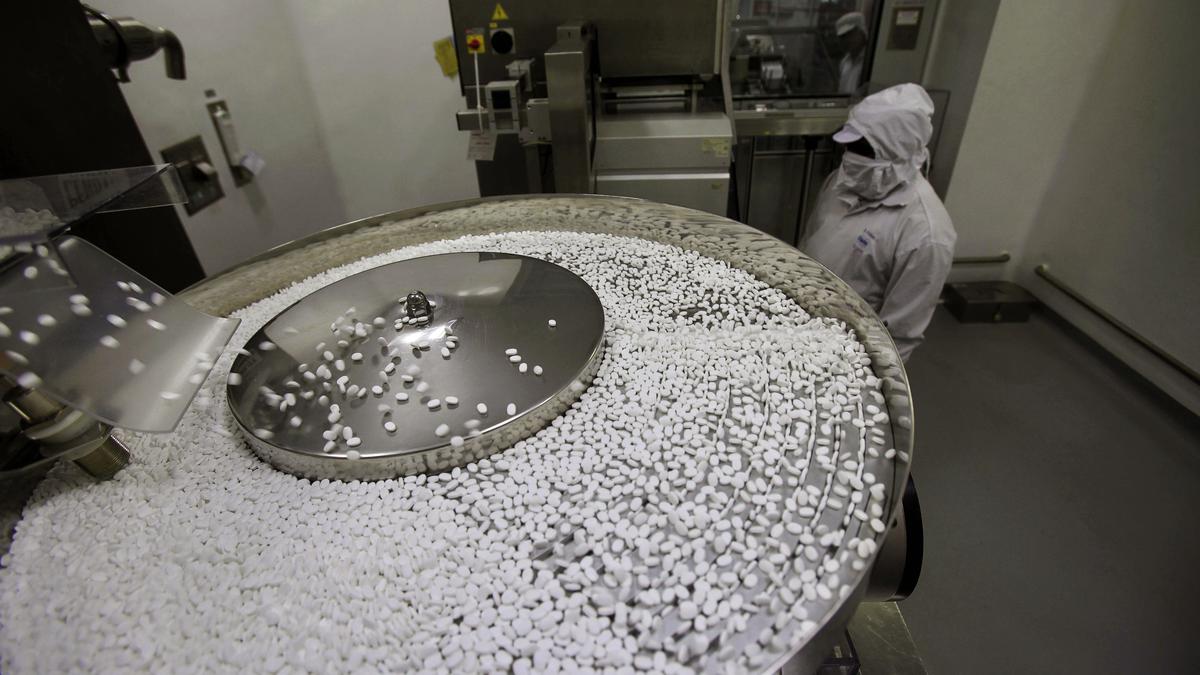
Thorny clause in ripening India-European Free Trade Association deal may hit generic drug industry
The Hindu
A draft free trade agreement between India and EFTA could delay access to affordable generic drugs in India by at least six years.
A clause in a draft free trade agreement text being negotiated between India and the European Free Trade Association (EFTA) — Switzerland, Iceland, Lichtenstein and Norway — could delay access to affordable, generic versions of patented drugs in India by a minimum of six years, according to documents viewed by The Hindu.
A leaked draft of the Trade and Economic Partnership Agreement (TEPA), available on the website bilaterals.org, an organisation that tracks international free trade agreements, says that within six months of the trade agreement being signed, signatories (in this case the countries) should include a “specific duration” during which applicants (pharmaceutical companies) applying to their country’s regulators for permission to sell a drug would not rely on “undisclosed test data” (in this case data on the drug’s efficacy and impact on people) to gain market approval for at least six years.
There is also a line that suggests this should apply not only to ‘new’ chemical drugs but also a class of drugs called ‘biologics drugs,’ — monoclonal antibodies, vaccine formulations — that involve complex mixtures of organic and inorganic entities, and are harder to make copies of. Many Indian biotechnology companies are developing biologics drugs.
The Hindu has independently confirmed the existence of this clause from sources following international bilateral negotiations.
India, which has over decades, mushroomed a thriving generics drug industry has resisted attempts by foreign pharmaceutical companies to extend monopoly rights over patented drugs. This is mostly because India’s generic drug industry has over the years made affordable versions of expensive drugs and become a large global supply itself. The Indian pharma industry is the third largest in the world and produces over 60,000 generic drugs across 60 therapeutic categories and had an annual turnover of ₹3.4 lakh crore, Minister of State (Chemicals and Fertilizers) Bhagwant Khuba told Parliament in July 2023. It is also the bulwark of the government’s Jan Aushadhi Scheme that allows free drugs to be made available to the poor.
“These effectively means that drugs such as bedaquiline (for TB) under provisions of data exclusivity wouldn’t be available,” said Gopa Kumar, legal researcher, Third World Network. Medicine Sans Frontiers, which works on enabling access to medicines, has written to Prime Minister Narendra Modi on February 9 pointing out concerns over these provisions in the draft TEPA.
In the most recent round of EFTA negotiations that were held in Delhi from January 8-13, media reports suggest that officials from both delegations have moved closer to a deal.













